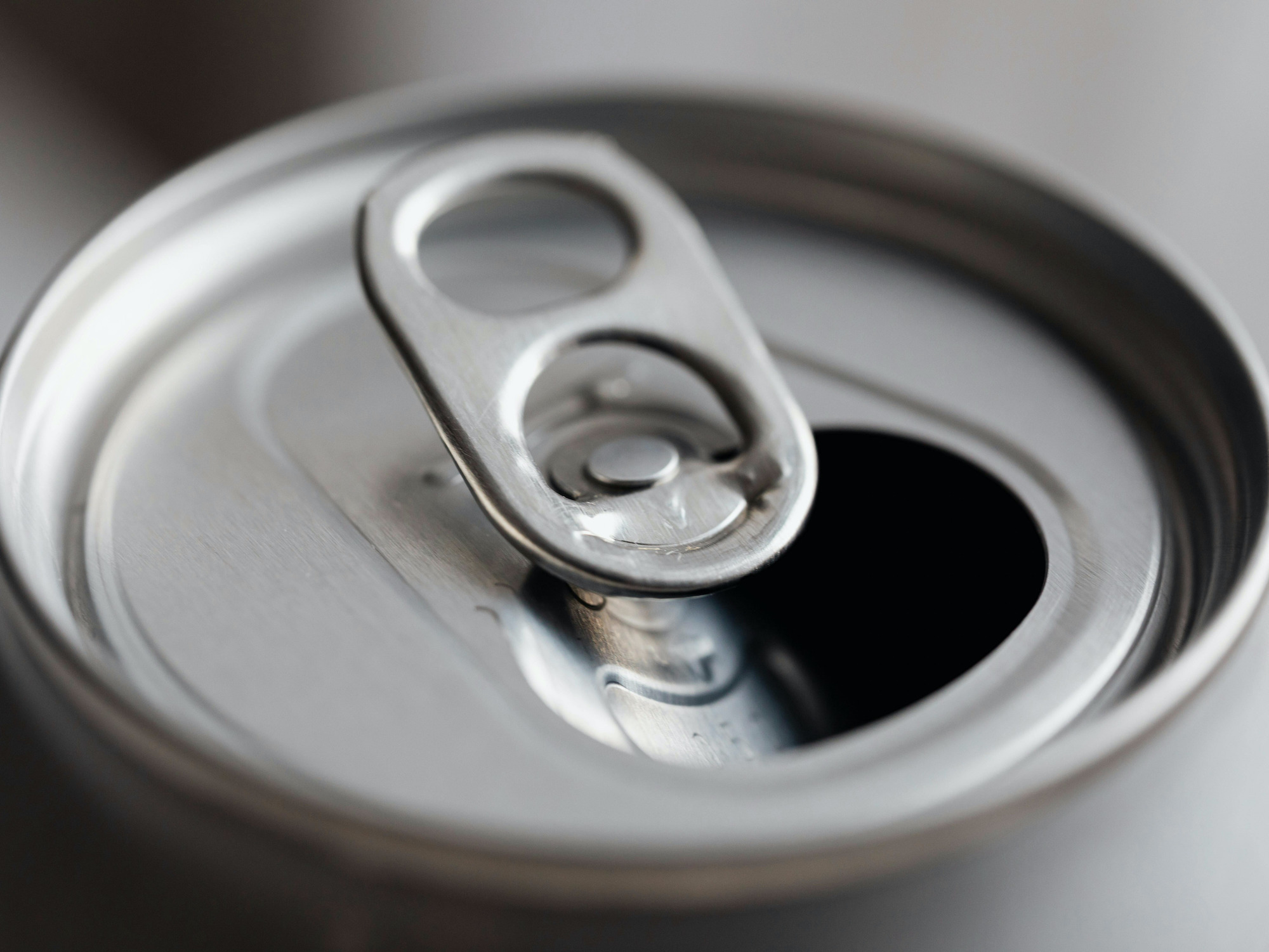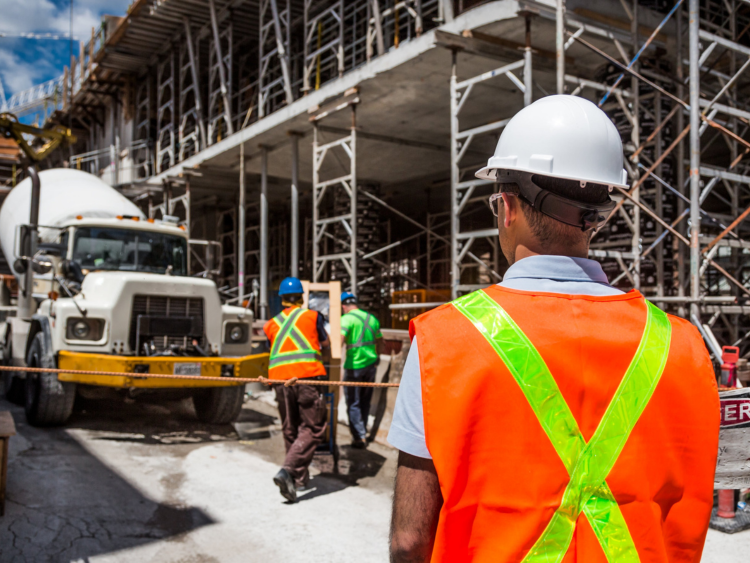Scrap Sources
May 23, 2023
New Zealand Steel to switch to EAF process
BlueScope-owned New Zealand Steel is to replace its blast furnace (BF) with an electric arc furnace (EAF). The cost is estimated at NZ$300 M (US$188 M, €174 M), with the government funding up to NZ$140 M.
The investment will cut the Glenbrook works’ carbon footprint by 800,000 t, equivalent to taking around 300,000 cars off the road permanently, said CEO Robin Davies. “That’s a reduction of over 45% in New Zealand Steel’s emissions, or a total of 1% of New Zealand’s total annual emissions.”
He also commented: “An electric arc furnace makes sense when there’s enough affordable renewable energy and scrap steel available, a way to get that scrap steel to site, and the right policy settings. We’ll firm up the details of the different aspects of the project over the coming months but, crucially, New Zealand has all these essential enablers in place.”
He added: “The electric arc furnace provides New Zealand Steel with significantly more production flexibility which means we can scale down production at times of peak demand or supply shortages.”
As well the BF and basic oxygen furnace (BOF), two of Glenbrook’s four coal-fuelled kilns will be replaced. Power will be supplied by Contact Energy from renewable sources.
The New Zealand Association of Metal Recyclers described itself as pleasantly surprised by the announcement, with association president Joseph Gibson saying the development will reduce the amount of scrap steel exported.
“We regularly communicate with policy makers and members of the public who ask why our members export scrap steel,” he commented. “They do so because scrap steel is a valuable commodity required in the re-manufacture of steel products such as plate, structural steel, sheet, coil and reinforcing steel for manufacturing and construction used across the world.”
Gibson cautioned scrap steel exports will continue because the new EAF is unlikely to consume all of the country’s recycled steel.





